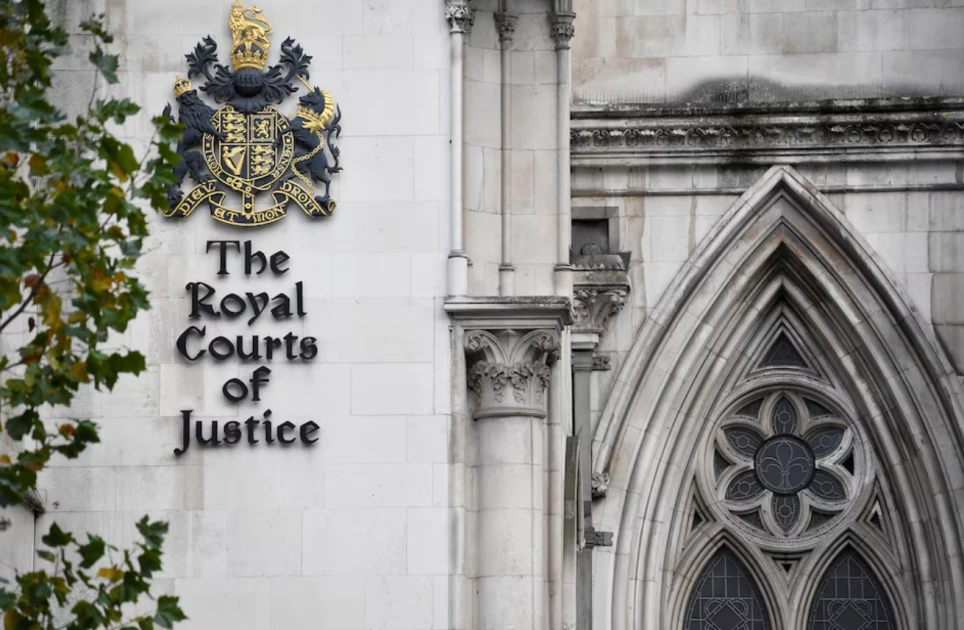Wikipedia loses court fight over UK Online Safety Act rules

Judge Jeremy Johnson dismissed the case but made clear the ruling did not give the UK communications regulator Ofcom or the government a free pass to harm Wikipedia’s operations.
The Wikimedia Foundation, which operates Wikipedia, has lost its legal challenge against parts of Britain’s Online Safety Act, a law that sets strict obligations for online platforms and has drawn criticism for threatening free speech.
The foundation had argued in London’s High Court that regulations under the Act could unfairly impose the toughest “Category 1” obligations on Wikipedia. Such a classification would require verifying the identities of users and contributors, a move the foundation said would force it to drastically cut the number of UK users who can access the platform.
On Monday, Judge Jeremy Johnson dismissed the case but made clear the ruling did not give the UK communications regulator Ofcom or the government a free pass to harm Wikipedia’s operations.
He said the foundation could mount a fresh challenge if Ofcom “(impermissibly) concludes that Wikipedia is a Category 1 service.”
His judgment also stressed that the decision “does not give Ofcom and the Secretary of State a green light to implement a regime that would significantly impede Wikipedia’s operations.”
Reacting to the outcome, the Wikimedia Foundation said the ruling “does not provide the immediate legal protections for Wikipedia that we hoped for”, but welcomed the court’s acknowledgment of “the responsibility of Ofcom and the UK government to ensure Wikipedia is protected.”
Britain’s Department for Science, Innovation and Technology said it welcomed the decision, adding it “will help us continue our work implementing the Online Safety Act to create a safer online world for everyone.”
Ofcom said it would “continue to progress our work in relation to categorised services.”
The Online Safety Act, which became law in 2023 and is being rolled out this year, has faced growing criticism. Social media site X said earlier this month that major changes were needed, while free-speech advocates and content creators argue the rules have been applied too broadly, leading to censorship of lawful material.
The British government maintains the law is intended to protect children and remove illegal content. Technology Secretary Peter Kyle has said opponents of the law were “on the side of predators.”
